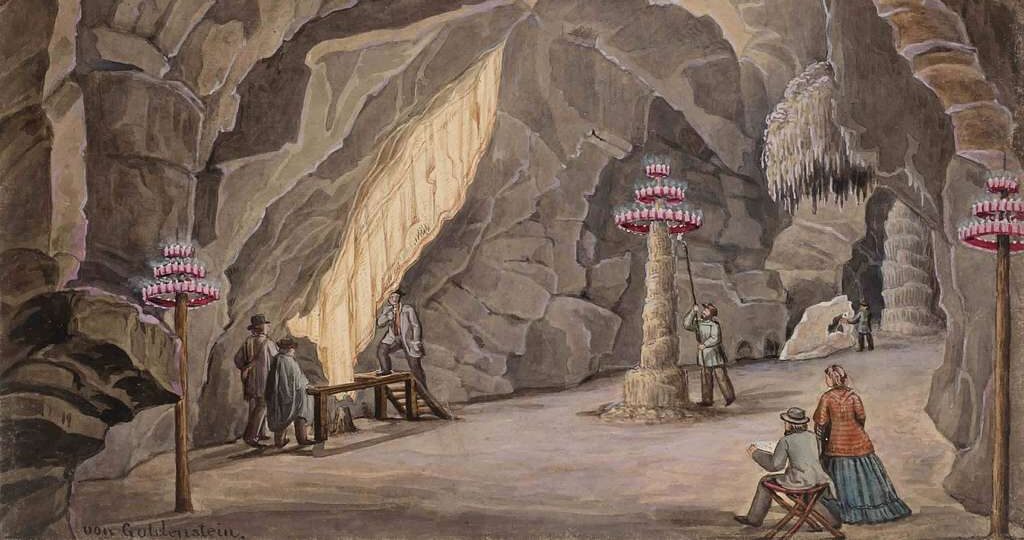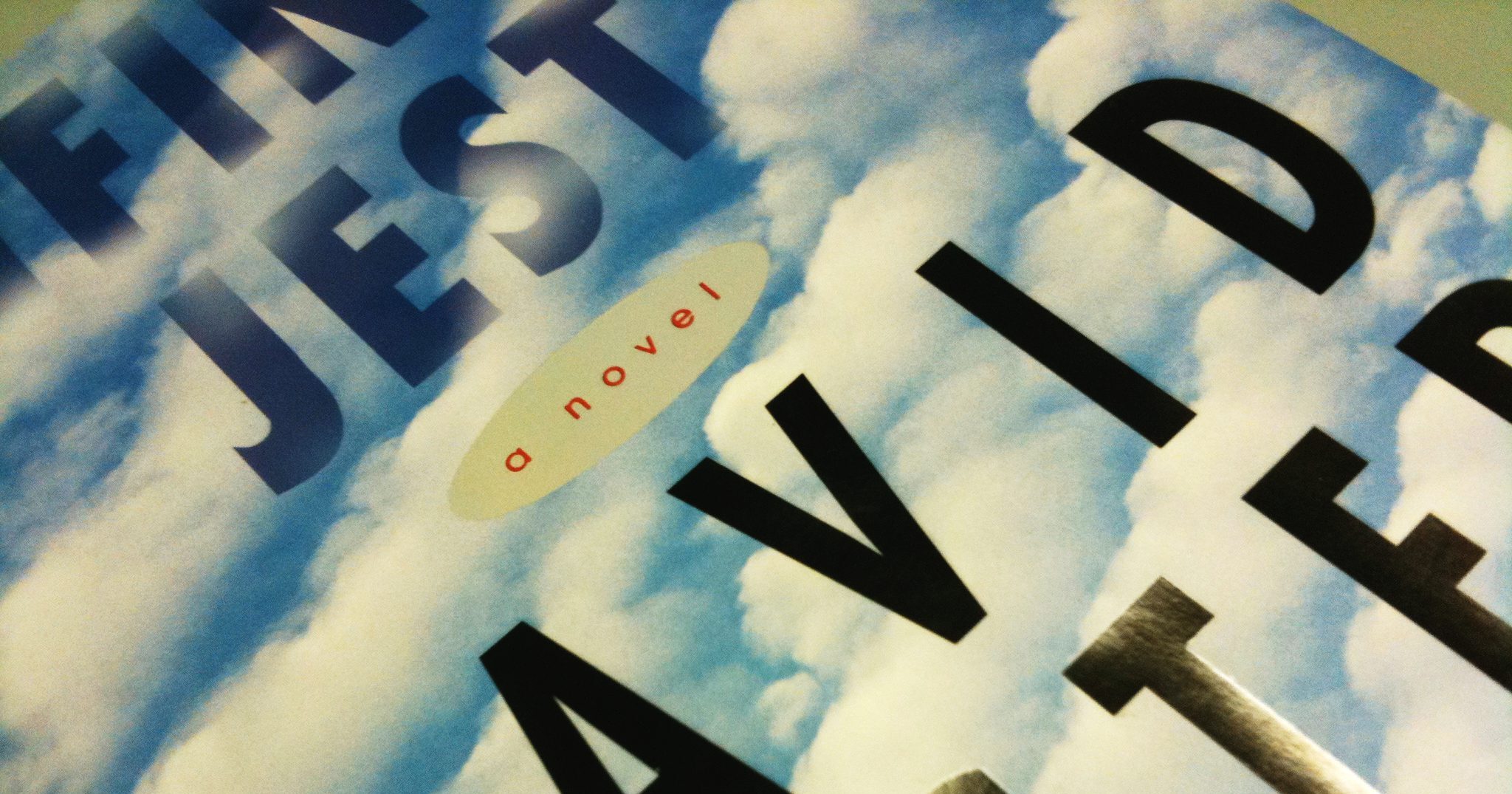What happens when a society begins to see itself as a machine? Adam Curtis’s documentary trilogy All Watched Over by Machines of Loving Grace explores this question through the rise of cybernetic thinking in politics, ecology, and genetics, suggesting that mechanical metaphors have constrained human possibility even as they’ve promised liberation. While Curtis effectively demonstrates how mechanical thinking has shaped modern institutions, his rigid human/machine distinction obscures more nuanced ways of understanding our relationship with technology.
These questions feel urgent today as artificial intelligence reshapes work, relationships, and governance. Silicon Valley executives promote “accelerationist” visions of technological progress while critics warn against reducing humans to data points. Curtis’s documentary, though made in 2011, offers crucial insights for navigating these contemporary debates.
Yet Curtis’s critique, while illuminating, relies on a problematic assumption: that humans and machines represent fundamentally different categories. This binary thinking may be just as limiting as the mechanical metaphors Curtis critiques.
Continue reading →









